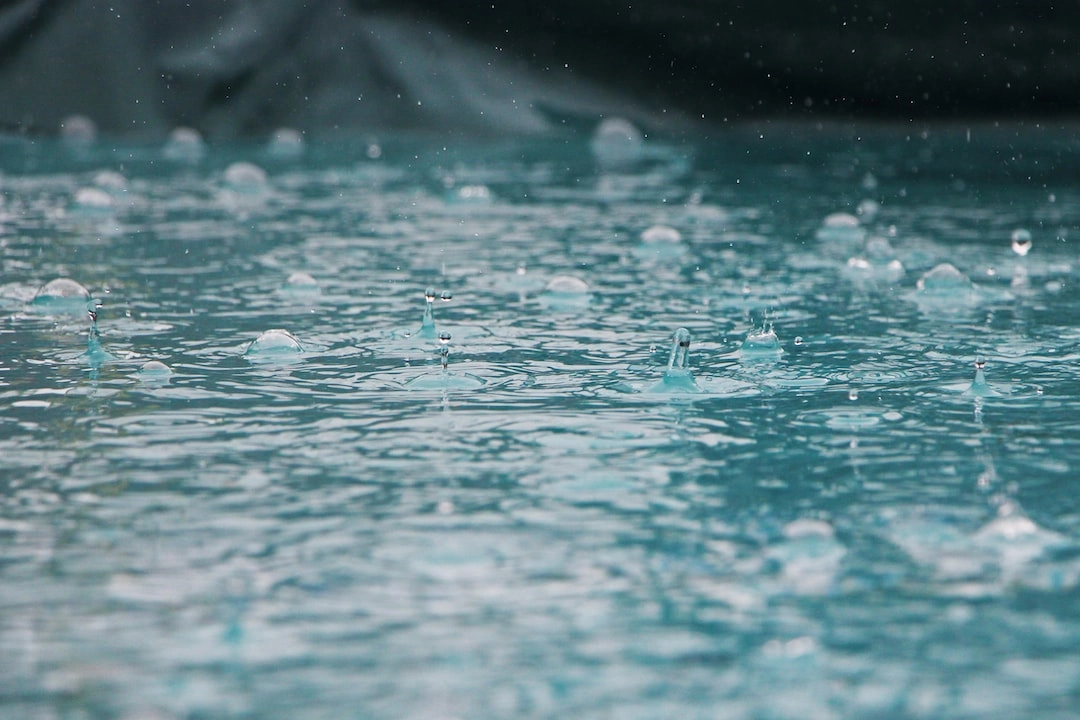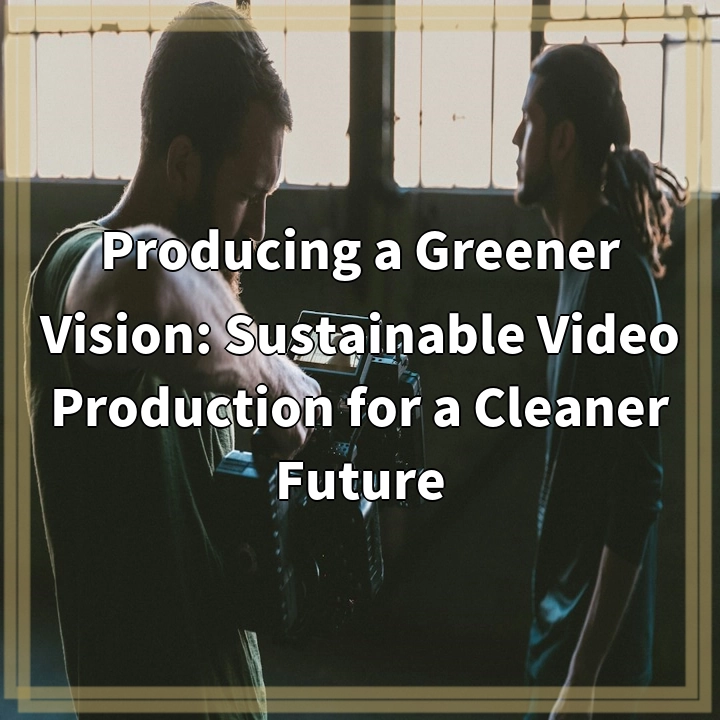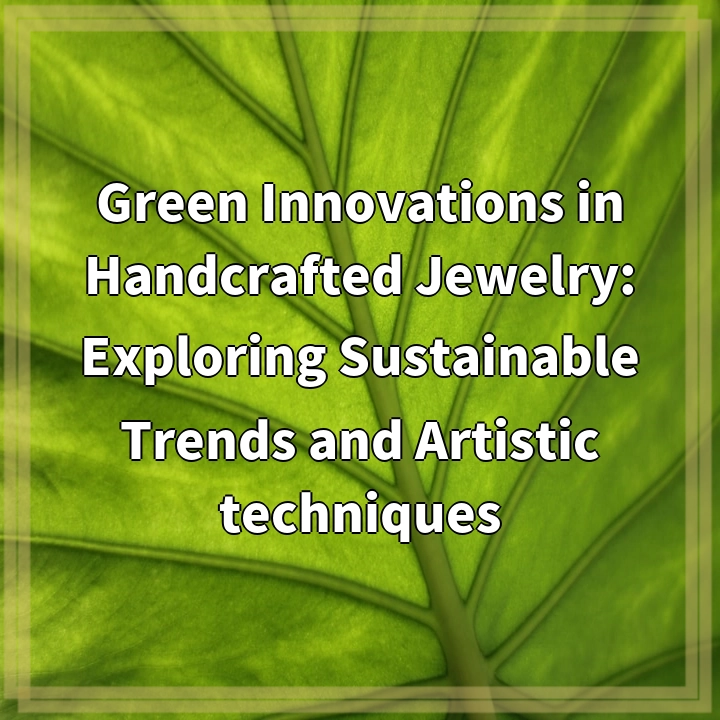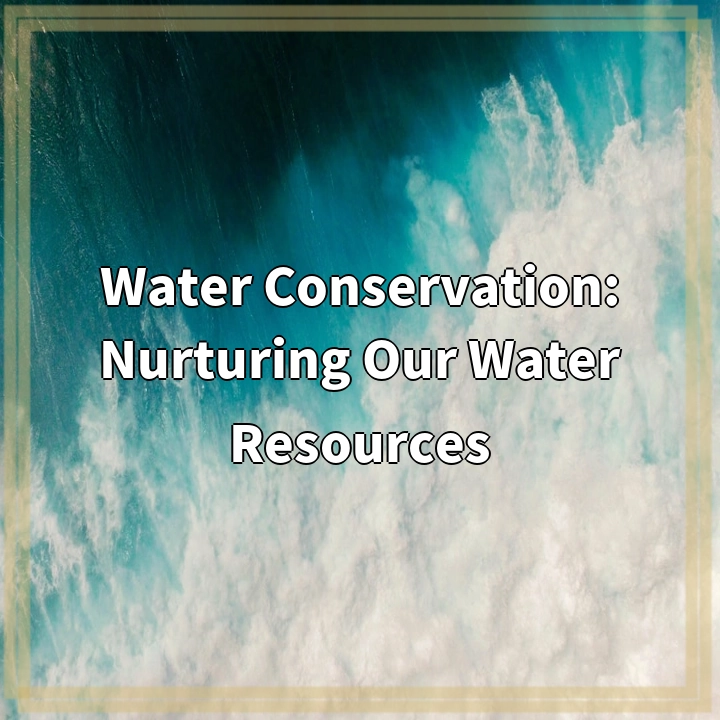
Water Conservation: Nurturing Our Water Resources
Water conservation is the practice of using water efficiently and responsibly to reduce waste and preserve this precious resource for future generations. It involves adopting strategies and implementing technologies that help to minimize water usage without compromising our daily needs.
What it is:
Water conservation is a multifaceted approach that encompasses various actions aimed at reducing water consumption. This includes:
- Efficient water management in households, industries, and agriculture
- Adoption of water-saving technologies such as low-flow faucets, toilets, and showerheads
- Implementing rainwater harvesting systems
- Reusing and recycling water for non-potable purposes
- Public education and awareness campaigns about water conservation
Real-World Problems:
Water scarcity is a pressing issue faced by many regions globally due to factors such as population growth, climate change, and inefficient water management practices. The lack of access to safe and clean water jeopardizes human health, disrupts ecosystems, and hinders socio-economic development.
1. Dwindling Water Supplies:
As the global population continues to grow, the demand for freshwater resources intensifies. However, the available freshwater supply remains limited. Overuse, pollution, and the unequal distribution of water resources exacerbate this issue, leading to water scarcity in many parts of the world.
2. Environmental Impact:
Excessive water withdrawal from natural water bodies, such as rivers and lakes, can deplete ecosystems and disrupt habitats. This diminishes biodiversity and impairs the overall health of the environment. Moreover, reduced water levels often lead to increased concentration of pollutants, further compromising water quality.
3. Agricultural Water Consumption:
Agriculture is a major consumer of water, accounting for a significant portion of global water usage. However, inefficient irrigation practices and the cultivation of water-intensive crops contribute to water waste and strain on water resources. Sustaining agricultural productivity while minimizing water consumption is a crucial challenge for achieving water conservation goals.
4. Urban Water Management:
Rapid urbanization and population growth pose challenges for urban water management systems. Aging infrastructure, leakage, and inefficient water use in households and industries contribute to wastage. Developing sustainable water management plans and implementing water conservation measures are essential for cities to meet the growing demand while minimizing strain on water resources.
By acknowledging the importance of water conservation and understanding the real-world challenges associated with it, we can work towards implementing effective solutions to nurture our water resources and ensure a sustainable future for all.
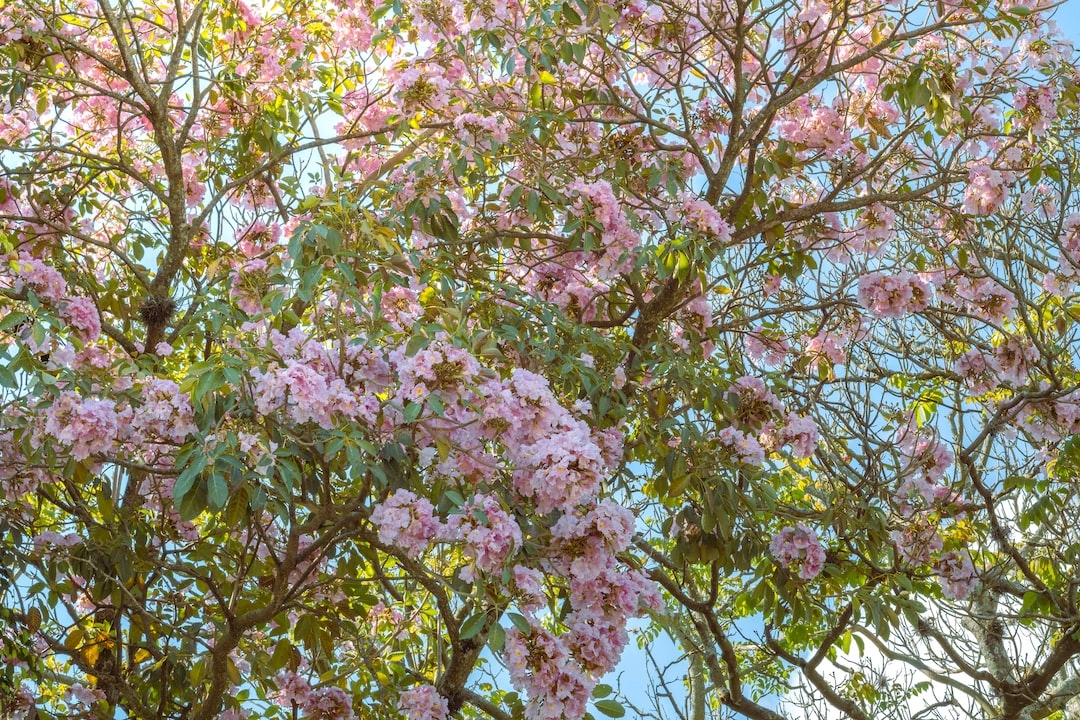
Water Conservation: Nurturing Our Water Resources
Water conservation is crucial in addressing the global water crisis and ensuring a sustainable future. To overcome the real-world problems associated with water conservation, we need to implement effective solutions at various levels.
Solutions:
1. Efficient Water Management:
Implementing efficient water management practices is vital in reducing water waste. This includes:
- Monitoring and repairing leakages in water supply systems
- Promoting water-saving behaviors in households and industries
- Utilizing advanced technologies for optimized water distribution and usage
2. Adoption of Water-Saving Technologies:
Incorporating water-saving technologies can significantly reduce water consumption while maintaining convenience. These include:
- Installing low-flow faucets, toilets, and showerheads to reduce water usage
- Utilizing smart irrigation systems that adjust watering schedules based on weather conditions
- Using water-efficient appliances (such as washing machines and dishwashers) that minimize water waste
3. Rainwater Harvesting and Greywater Recycling:
Collecting rainwater and treating and reusing greywater (from showers, sinks, etc.) can supplement traditional water sources and reduce pressure on freshwater supplies. Utilizing these alternative water sources for purposes like irrigation and toilet flushing can significantly minimize water demand.
4. Education and Public Awareness:
Raising awareness about the importance of water conservation is essential for fostering behavioral changes. This can include:
- Community outreach programs to educate individuals and organizations about water-saving strategies
- Providing information about the impacts of water scarcity and the benefits of conservation
- Encouraging responsible water use through public campaigns and incentives
By implementing these solutions, we can address the real-world problems associated with water conservation and ensure the long-term sustainability of our water resources.
